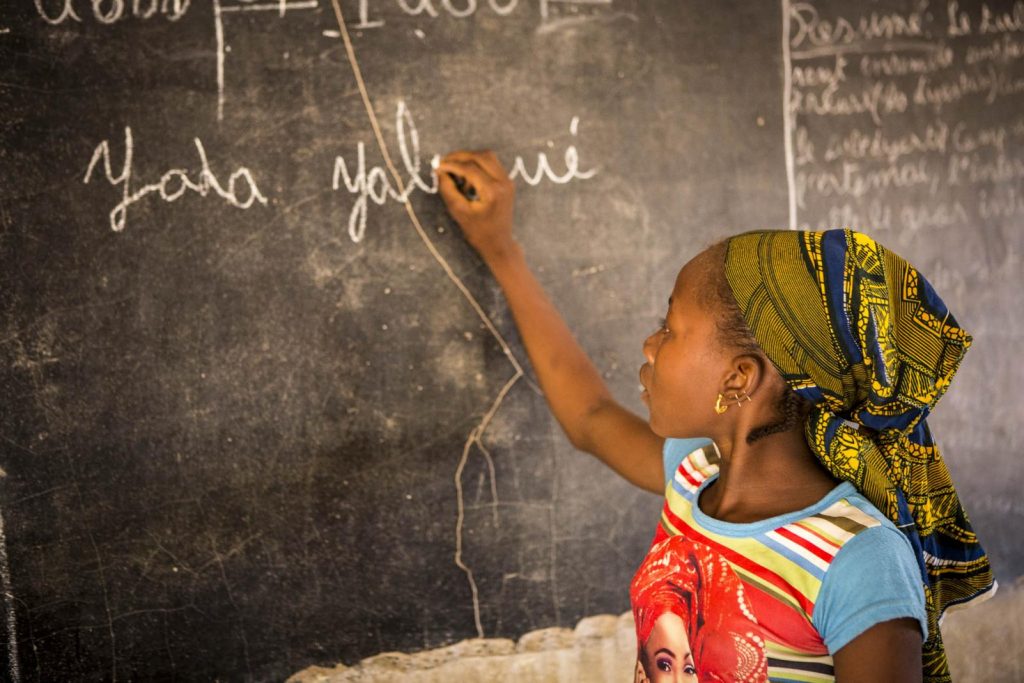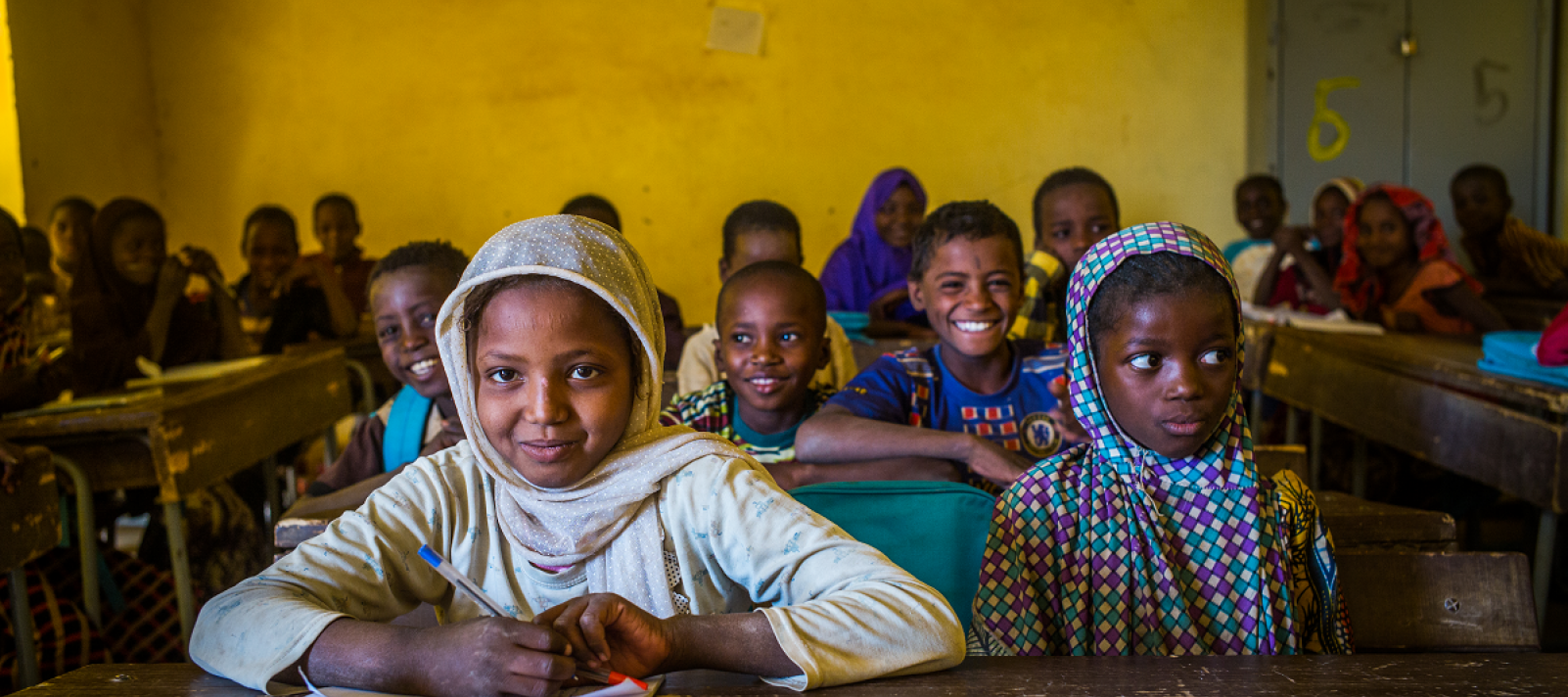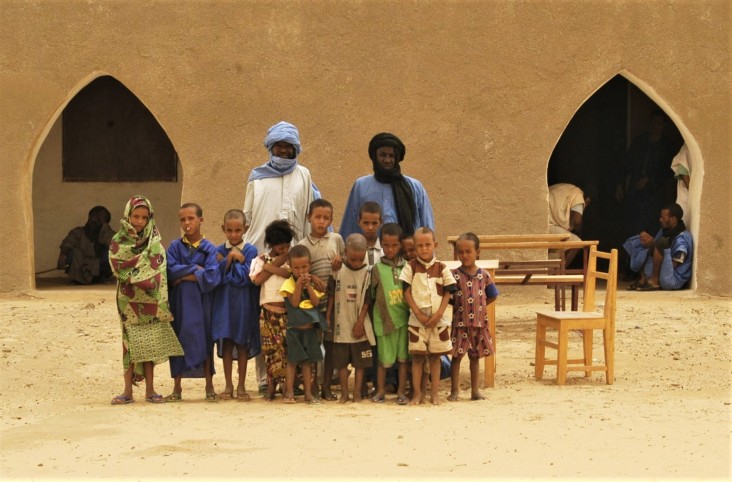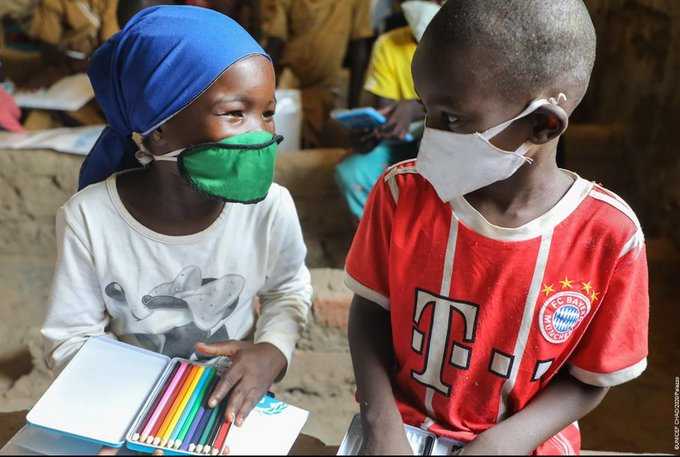Education Cannot Wait Expands First Emergency Response in Sahelian Nations of Mali and Niger

US$3.7 million grant will reach children and youth impacted by insecurity, displacement, conflict and ongoing crises in the region
Education Cannot Wait (ECW) announced today a new US$3.7 million tranche of funding to support education in emergencies responses in the Sahelian nations of Mali and Niger.
The new funding will expand support from ECW’s initial US$6 million First Emergency Response grant announced this July.
In addressing the deteriorating humanitarian situation in the region, the expanded funding will reach over 160,000 children and youth.
Through national governments and implementing partners on the ground, the new round of ECW funding will support the construction and rehabilitation of classrooms for 15,000 out-of-school children and youth, provide learning materials to over 100,000 students, promote good menstrual health and hygiene for over 130,000 girls, and promote more protective learning environments for more than 160,000 students.
A large funding gap for the educational humanitarian response persists in the target areas of the intervention, with estimates indicating US$42 million remaining unfunded.
Violence, displacement, insecurity and crises continue to grow across the region. More than 320,000 children and youth have been affected by school closures, and an uptick of attacks on schools has been registered across the two countries since 2017.
The ongoing education response in the two countries is yielding impressive results. In 2019, approximately 100,000 children and youth were able to access quality, inclusive education, according to Education Cluster reports. As of October 2019, the Education Cluster has reached over 46,000 girls and boys and provided 73,000 students with learning materials. More students are also receiving the psychosocial support and feeding programmes they need to cope with the exposure to the trauma of displacement and have enough food to eat every day.
“The Sahel is one of the most unstable and fragile regions on the globe. Children and youth bear the burden of armed conflicts, forced displacement, abject poverty, the effects of climate change, food insecurity and malnutrition,” said Yasmine Sherif, Director of Education Cannot Wait. “Together with our partners, today, we are investing in immediately providing educational opportunities for some of the most marginalized and vulnerable girls and boys in Mali and Niger to learn and develop the skills they need to thrive and become positive agents of change.”
First Emergency Response in Niger
In the Tillabéri and Tahoua regions of Niger, over 100,000 school-aged children are in need of humanitarian assistance. The security and displacement situation remains in flux in most parts of Niger. Various regional conflicts, including the crisis in Mali, the Boko Haram insurgency and regional crisis in the Lake Chad Basin, and rising insecurity in northern states of Nigeria, are causing major displacement towards and within Niger and are having an adverse impact on economic activities and access to public services such as education. Refugee children are being left behind, with 17,000 refugees in Niger lacking access to any type of education support.
In Niger, UNICEF, Save the Children and the Norwegian Refugee Council will implement the ECW-financed programming with US$1.3 million in total funds allocated.
Assoumane Mahamadou, Secretary General of the Ministry of Primary Education, Literacy, National Language Promotion and Civic Education of Niger, said: “We are delighted to hear confirmation of the next US$1.3 million Education Cannot Wait rapid funding allocation for Niger. This additional funding comes at a time when our education system is facing several challenges. Various regional conflicts, including the crisis on the borders of Mali and Burkina and the regional crisis of Boko Haram in the Lake Chad Basin have a negative impact on access to public services such as education. This funding will allow for continued support to the government’s efforts to fulfill the right to education for all girls and boys in need of schooling.”
First Emergency Response in Mali
In Central and Northern Mali, insecurity has hindered the continuity of schooling for many children, who also are at increased risk of violence and abuses. In all, some 450,000 children need humanitarian assistance. As the crisis intensifies in the central regions, schools are closing under the threat of militant groups and intercommunity conflicts, and the situation for girls and boys grows more alarming every day. Recent estimates from the Education Cluster indicate over 1,000 schools are non-functional, affecting more than 315,000 students.
In Mali, World Vision and UNICEF will implement the ECW-financed response with US$2.4 million in allocated funds.
Mbaranga Gasarabwe, United Nations Resident Coordinator and Humanitarian Coordinator in Mali, said: “Education is key to ensuring that girls and boys in Mali can contribute positively to the future of their country. The crisis has deprived too many children of this fundamental right. The Government of Mali is signatory to the Convention of the Rights of the Child and as it strives to make quality education accessible to all, it needs the support of all partners to protect children’s right to education.”
For Press Inquiries:
Anouk Desgroseilliers:
adesgroseilliers@un-ecw.org
+1-917-640-6820
Kent Page:
kpage@unicef.org
+1-917-302-1735



